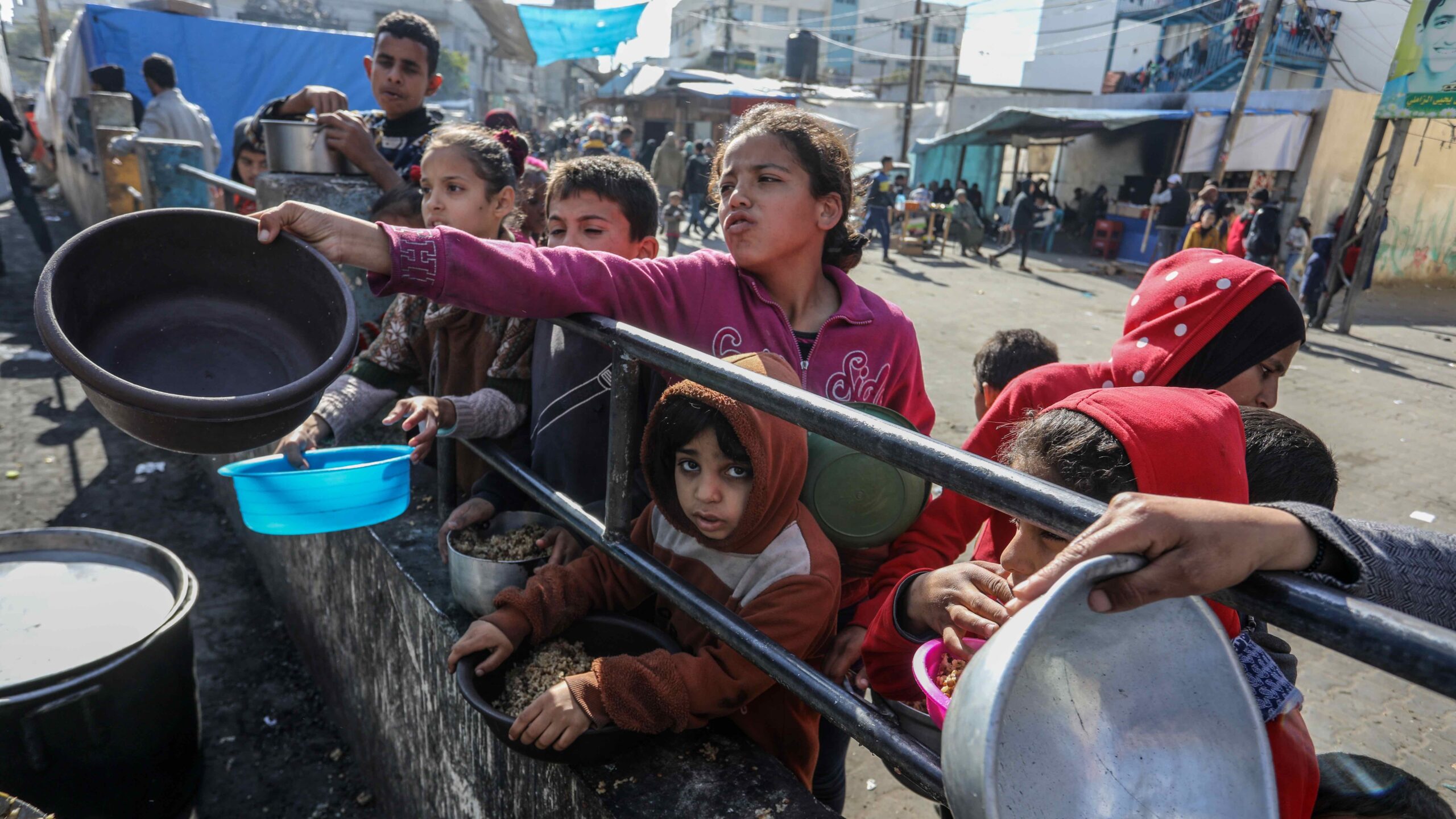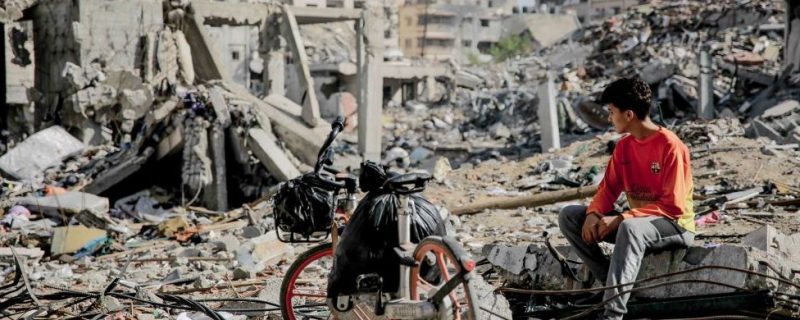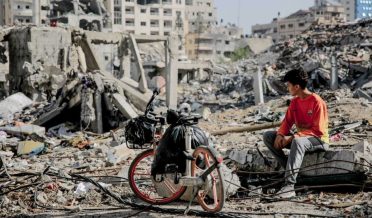
Wajahat Ali Khan
Although the Gaza-Israel war which was began on October 7, 2023, ended on October 10, 2025, under an agreement, the guarantors of the said agreement, the United States, Qatar, Egypt, and Turkey are satisfied, but it remains to be seen how long this peace will last. It is also necessary to consider the fact that in this bloody battle, someone won or lost, or the result is only victims? On September 29, 2025, United States president Donald Trump announced a new plan to address the ongoing Gaza war and the broader Middle Eastern crisis in a press conference at the White House alongside Israeli prime minister Benjamin Netanyahu. The plan was negotiated with the consultation of many Arab and Muslim countries from around the world and constitutes a new ceasefire and release of all hostages in phase one. Commonly referred to in news reports as Trump’s 20-point plan, it is different from Trump’s February 2025 Gaza Strip proposal, and contains 20 specific points, not all of which Hamas has agreed to.[2] On September 29, Trump gave Hamas a deadline to accept the proposal by October 5, 2025, or face “all hell”

On a day in which there was joy and celebration in Israel and accolades for President Donald Trump and his entourage, I read and then tearfully reread Nesrine Malik’s percipient analysis of the culpability of our government and many others for prolonging the suffering of innocent Palestinian people. The UK’s continued sale of arms to Israel, its criminalisation of those silently demonstrating in support of Palestinians and Keir Starmer’s lack of moral courage in failing to speak out against Israel’s genocidal war will remain a stain on this government’s reputation and this country for decades to come.
There is no hierarchy in the scale of suffering, whether it be that of the victims of the Hamas attacks on 7 October 2023, that of the Israeli hostages, or that of those Palestinians killed, mutilated or displaced. My Jewish wife and I will utter a sigh of relief at the release of the remaining hostages and the cessation of the relentless daily waging of war. We will not, however, be listening to or watching the sickening celebrations and the adulation being claimed by those claiming credit for the peace but who played a part in perpetrating the killing.
Who can truly claim victory now in this devastating Israel-Gaza war? Can Hamas consider itself victorious when more than 67,000 Palestinians have been killed, including thousands of children, and much of Gaza lies in ruins after its merciless, brutal attack on Israeli civilians?
If Benjamin Netanyahu’s goal was to eliminate Hamas and act in self-defence, how can the deaths of 18,457 children be justified? With Gaza destroyed and Hamas still standing, what conclusion can we draw? Either the Israeli government has failed in its objective, or the true aim was never to dismantle Hamas but rather to crush Palestinian civil life, to appease the Israeli public. Then there is Donald Trump’s hubris. He supplied weapons to Israel for its destruction of Gaza, only to later call for restraint – and demand a Nobel prize for that. In the end, there are no winners here, only leaders chasing political gain at the expense of human life.
The two biggest barriers to turning a ceasefire into a permanent peace are the twin evils of blind optimism and fatalism: the assumption that success is either inevitable or impossible. That, allied to the tendency to make the perfect the enemy of the good. What it takes instead is persistence, a willingness to persist through the inevitable ups and downs of implementation.
It took nine years to go from the theory of the Good Friday agreement to the reality of Ian Paisley and Martin McGuinness, as the leaders of unionism and republicanism, sitting around the same executive table – nine years to get the right sequence of arms decommissioning, demilitarisation, reform of the police and, finally, power-sharing. The Middle East process will, no doubt, follow the same tortuous pattern, but it can succeed if the international community persists in driving it through. Palestinians and Israelis may never trust – or even like – each other, but persistence can help them do something much more important: treat each other as equals. That is the true road to a permanent peace.







